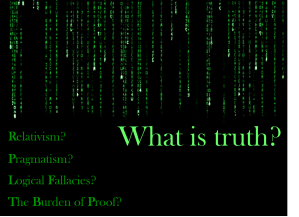I hear the phrase “stay in your lane” a lot lately. Usually, it is thrown insultingly at celebrities who speak out on political issues, or some such thing. It’s often used as a belittling admonishment to stamp someone down and put them in their “place” so to speak.
Continue readingTag Archives: workplace
You don’t have to be perfect (SPOILER ALERT: you can’t)
If there is one thing that Christian Science theology drills into its adherents and those unfortunate enough to be raised by its adherents, it is the relentless pursuit of “spiritual perfection” as a so-called “reflection of God”. It is impossible to be fully and completely perfect, completely lacking any measurable flaws. However, Christian Science teaches that in some sort of “spiritual reality” we are all perfect, as so-called “reflections of God”; we just need to somehow “see” or “realize” this. None of what I have just said here should be new to anyone who has been a regular reader here, or who knows anything about Christian Science.
Continue readingWhat’s “God” got to do with it?
I was recently offered a new position at work–it represents a bit of a promotion. It’s a job that focuses on some primary aspects of the varied roster of duties I’ve had in my five-year tenure where I work, but at a higher level of overall responsibility. Back in the day, I would have credited Christian Science, God, and probably Mary Baker Eddy (in some way) for this opportunity. Most people of deep faith will credit God or some other deity for good fortune in their lives. I do not. I’m going to sound a bit selfish and egotistical here, dear reader; but in this case, I largely credit myself. Continue reading
Moral ambiguities of Christian Scientists
My thoughts for this post have been rattling around in my brain for quite a while, and a discussion thread on Facebook with a couple of ex-Christian Scientist friends re-ignited my interest in this idea not too long ago.
I think Christian Science can, and sometimes does, make at least some people fundamentally dishonest. Now, before you run screaming, “my mom is the nicest, most honest person around, she’d never tell a lie!” hear me out. I’m talking about deeper honesty here, deeper than whether or not someone is telling you a lie. I’m talking about actions, and what one perceives to be right and true or not. Christian Science theology can have a way of blurring the lines between right and wrong for some people. Continue reading

